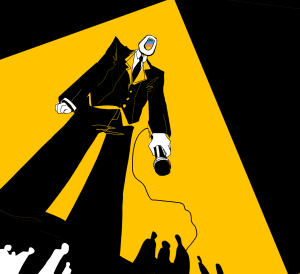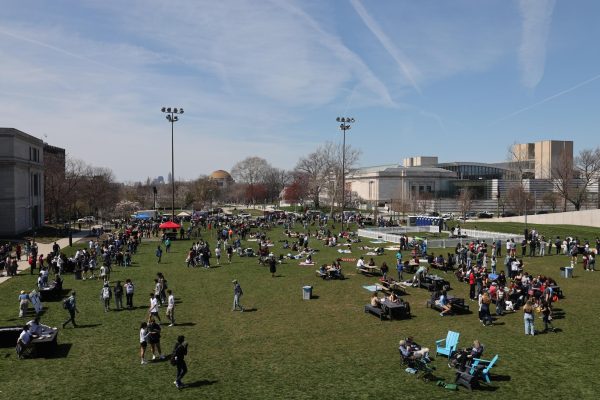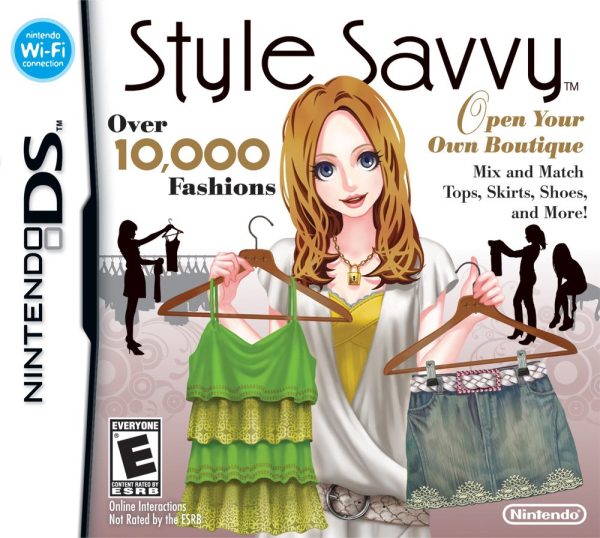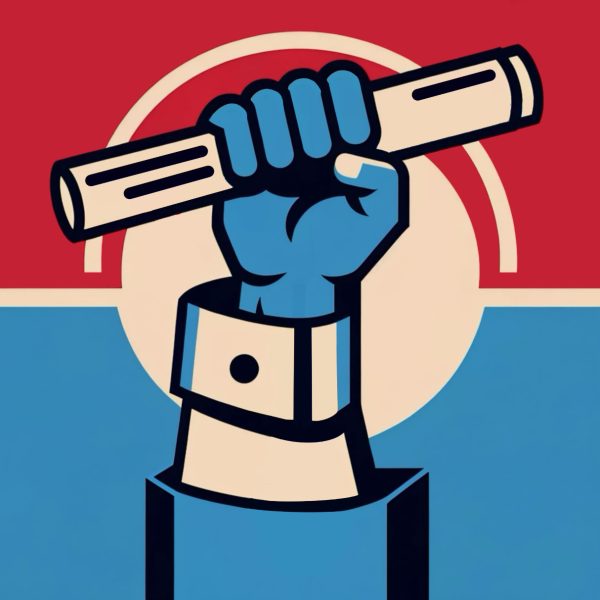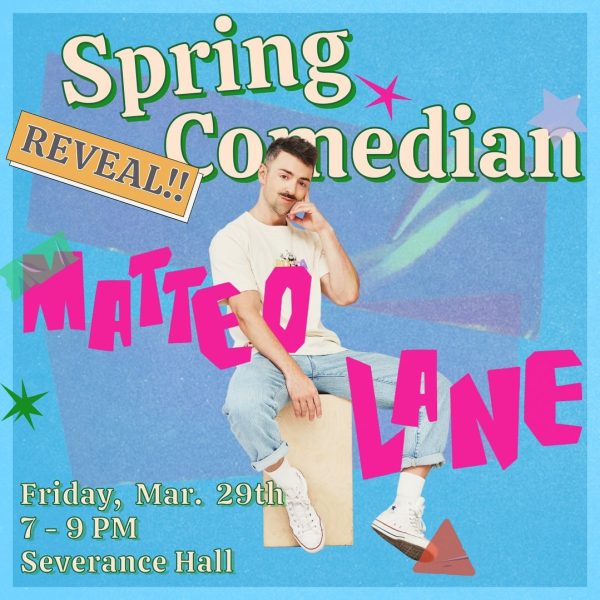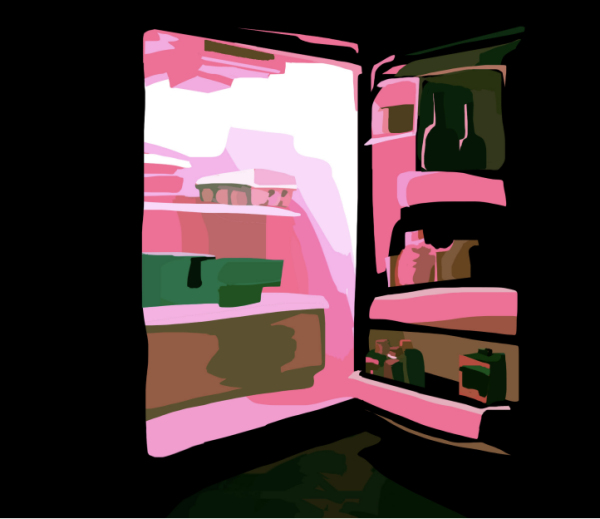On dialogue, community, and why they matter
The meaning of Spartan Life
September 20, 2013
I’ve spent a lot of my time fostering rewarding relationships with many of my professors in my years at Case Western Reserve University. Probably the greatest benefit of that is the ability to speak candidly and informally with them. I can remember one conversation in which I was asked what a college education is, and I was unable to answer with precision. My professor interjected, “It’s a dialogue. It’s mutual growth in academic curiosity and it’s almost gone here.” When I asked him why honest education was dying, he paused and then said, “Because academia breeds egotism.”
In similar discussions with other professors and students alike, I have inferred that a CWRU undergraduate education is good for one of three things. First, among too small a minority, it is the dialogue my professor suggested. Second, it’s a place to spend four years finding yourself and discovering what’s best for your future and its monetary ventures—in essence, the egotism argument. Third, it’s an unnecessary speed bump on the way to graduate or professional school.
Another reality that has revealed itself through these discussions is that CWRU is not the community it would seem to be on the surface. When I observe students’ social interactions on campus, I see something that resembles an oversized high school where no single group reigns supreme; I do not see a community of scholars striving for greatness and mutual excellence. In order to create a strong sense of community, certain things have to be abolished: ignorance, judgment, stereotypes and society’s imposed individualism. I refrain from providing specific examples so I don’t inadvertently help perpetuate them. We are constantly reminded that we attend the thirty-seventh best school in the nation according to U.S. News and World Report, so let’s use our prodigious knowledge collectively to transcend difference, so that we can individually benefit from an open discourse.
As I was reading the last few issues of The Observer, I saw the pilot-light of wonder grow into the flames of change. Students got fired up over foreign viewpoints and engaged in a meaningful exchange of opinion. Sadly, this is a rarity at CWRU. Whether it’s because of an overloaded 21-credit semester, affiliation with five student organizations, a job that pays for tuition or the plethora of other activities that consume the average undergraduate’s time, there seems to be no time left for this kind of dialogue despite its fundamental relation to the college experience.
We are working for better futures by attempting the absurd task of completing 120 credits, four non-credit quarters of physical education and a SAGES writing portfolio among others, all while trying to keep social lives. Therefore, the cliché statement “it’s not about the destination, but the journey that takes you there” is not a trite or zealous thing to say about college. Is college merely about getting a piece of paper to hang on your wall or is it about what that paper stands for? Education should be about the experience of learning and growing through directed thought. We as students must always be suspect of our professors and administrators. Another one of my professors always says to not trust her and check her facts. Ask yourselves, “Am I being taught how to think, or what to think?” How you answer that question makes all the difference.
This column will be exploring questions such as: what is and what should a university be? What should a professor, a community, an education be? What are collegiality, collaboration, solidarity, scholarship and what does all this mean for us? The recent emergence of student concern makes me question the purpose of education and why we pursue it. I want to see all the students of CWRU enter into a stimulating and productive dialogue with unrestrained vigor.
The vitality that broke through the barrier of conformity as of late has the power to instill hope in the future of what an institution of higher learning should be: a community of original thought. Our spirits of curiosity awoke and showed themselves in the past few weeks. But is this momentary abandonment of apathy reduced to leftover end of summer energy (merely an anomaly) or is it the birth of new semester inquisitiveness, something bigger stirring within each of us ready to be let loose? I’d like to believe the latter.
Jacob Martin is an English and political science double major. He drinks too much chamomile tea, and when he isn’t in the Kelvin Smith Library, he enjoys running and discovering new music.










